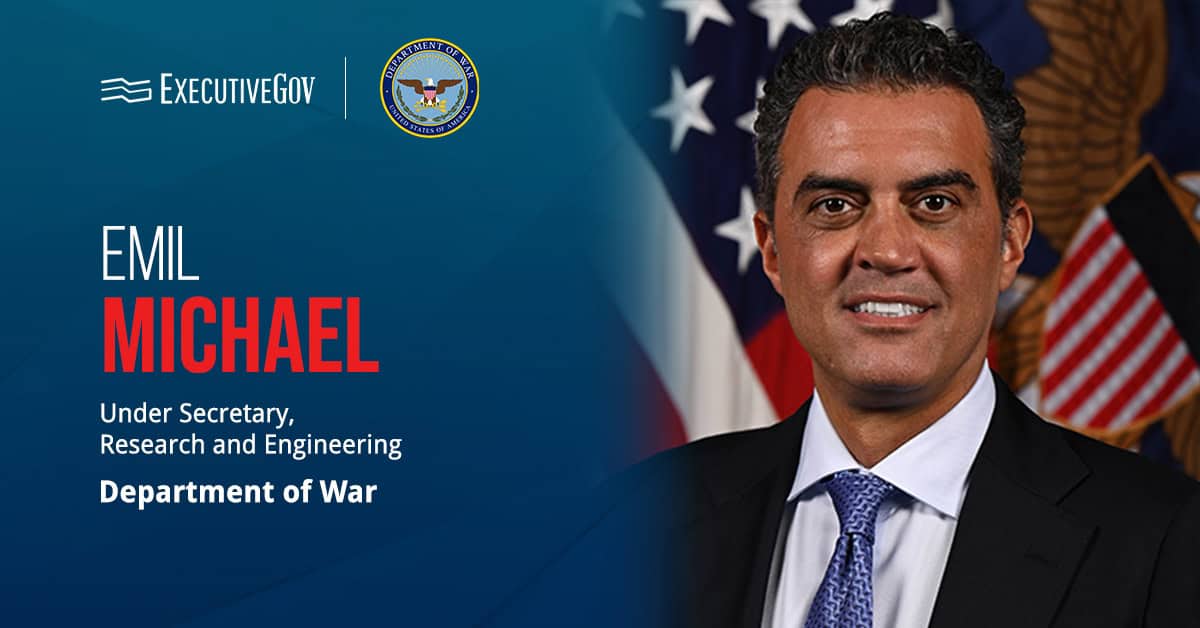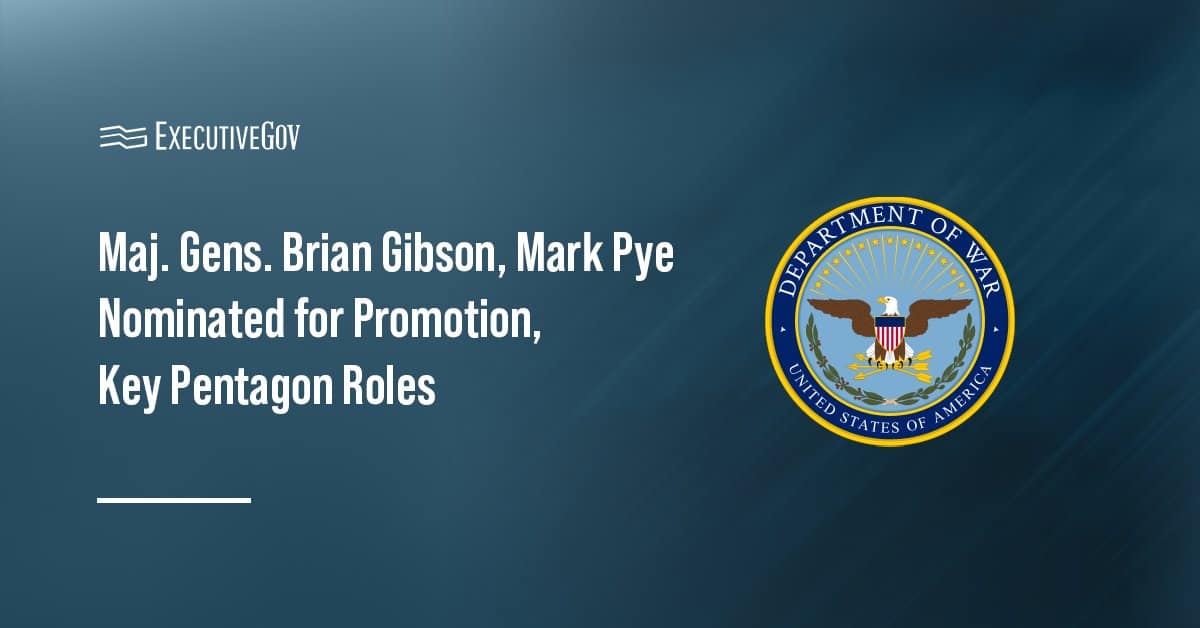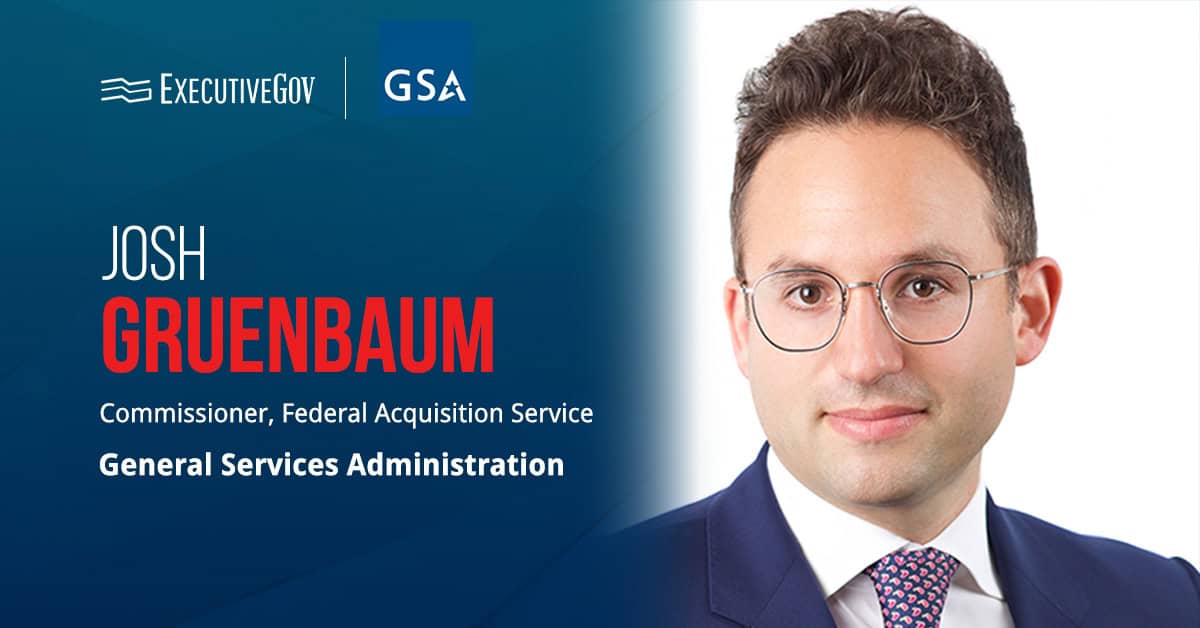The National Institute of Standards and Technology is seeking public comments on the initial volume of draft guidance designed to help organizations implement a zero trust architecture to reduce cybersecurity risks.
NIST said Friday its National Cybersecurity Center of Excellence will accept feedback until July 5 on volume A of the preliminary draft cybersecurity practice guide that outlines several approaches to zero trust architecture implementation for cloud-based and on-premises infrastructures.
The preliminary draft guide details how the NCCoE and its collaborators use commercial and open-source technology to develop a set of implementations that aligns with NIST’s Zero Trust Architecture framework.
A zero trust architecture is an end-to-end approach to protecting enterprise data and resources that enforces secure authorization of users for accessing resources whether located on-premises or in the cloud.





